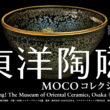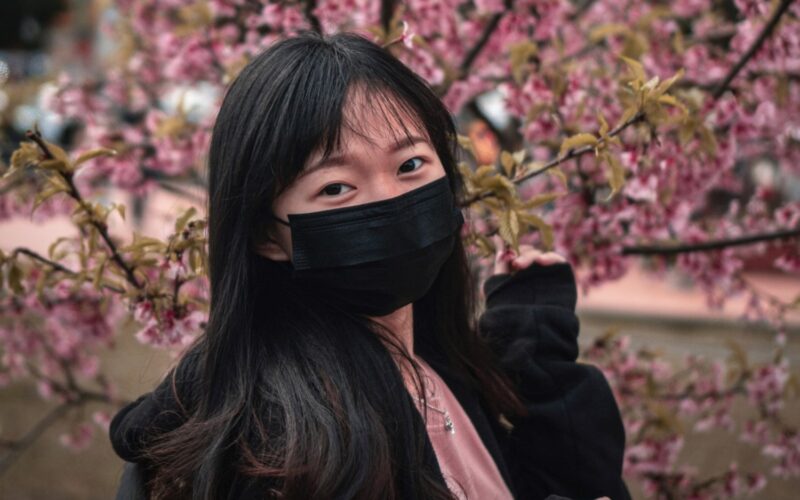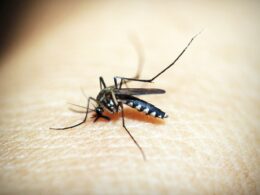As the COVID-19 pandemic subsided, nations began lifting mask restrictions. Contrary to Western countries, Asians appear more reluctant to remove their masks, with about 80% of the populace in South Korea, Japan, and Taiwan choosing to wear masks and enjoy their manifold benefits.
Taipei, Taiwan (Business Northeast) – From the latter part of 2022 onwards, countries worldwide have been slowly reopening their economies and societies. In addition to setting off a vigorous tourism wave, they also began to untie the shackles of masks and lift mask regulations. South Korea has lifted the ban on indoor covers since the end of January, and Taiwan has lifted the requirement to wear masks indoors since February 20. Except for public transportation and medical care institutions, the wearing of masks is no longer mandatory. Japan will also fully reopen on March 13. But will you take off the mask? Many Asians don’t do that.
Compared with European and American countries, Asia has implemented COVID-19 restrictions for a longer period, including the ban on masks. When the regulations on wearing masks were lifted, people in western countries were very happy and quickly took off their covers to live. From the live broadcast of street crowds and significant performances and events, it can be seen that almost 80% of the people have taken off their masks. In contrast, in Asia, masks have become a daily necessity for everyone, and a high proportion of people still wear them.
After the outbreak of COVID-19, the governments of various countries have continued to promote mask policies, from persuasion to mandatory wearing of matching penalties, and finally have developed the habit of actively wearing masks when going out. The survey found that not wearing a mask in Asia now makes people feel a little embarrassed, especially in front of the elders, as if there is a feeling of disrespect for the other party. In Japan, masks are even called “kao pantsu”, and it is considered disrespectful to not wear them in public.
Even though the epidemic has gradually subsided, masks have been given a symbol of maintaining health. In Asia, there is a habit of occasionally wearing masks. For example, when you have a cold or allergies, you will wear a mask. When the air quality is not good you’ll wear it too. After the COVID-19 ban was lifted, some people believed that there was still a potential risk of contracting the virus, so they preferred to continue to live with masks. Studies have also found that wearing a mask can indeed slow down the spread of the virus, and it also has a preventive effect on influenza and hay fever.
During the epidemic, people began to enjoy the benefits of wearing masks, including reducing the time for makeup, being able to cover expressions that they do not want to be seen, and not having to smile all the time. Invisibly reduce people’s social pressure, so they feel more relaxed.
A study published in “Frontiers in Psychology” by Seoul National University mentioned that people who lack self-confidence or feel that their appearance is not attractive enough are more willing to wear masks for a long time to increase their attractiveness. They think masks can cover their unsightly faces and leave a good impression on other people. Therefore, wearing a mask not only saves a lot of social troubles but also gives people an inexplicable sense of security.
Compared with wearing a mask during COVID-19 for self-protection, the habit of wearing a mask in the post-epidemic period is considered not only to maintain health but also a behavior of Self Presentation. Expecting to create a good impression on other people also has many social meanings.
But is it really good to keep wearing a mask? Maybe wearing a mask has many potential benefits, but it does reduce the time we breathe fresh air, and it also reduces social interaction with expressions and smiles. It is recommended to start by taking off the mask outdoors, and gradually return to the habit of wearing a mask when needed. Without the mask covering, you’ll regain confidence, and I believe it can also increase intimacy between people.










